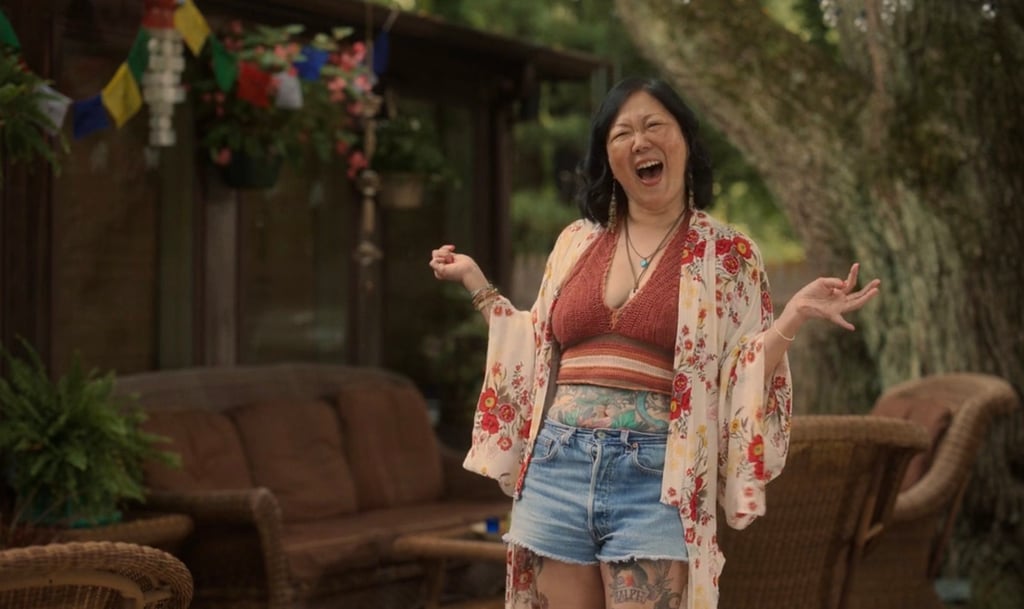Advertisement
Comedian and actress Margaret Cho on racism, Asian erasure from US history and inspiring a new generation of Asian-American entertainers
- Comedian and actress Margaret Cho talks to the Post about racism in the United States, the absence of Asians from American history and ‘aspirational whiteness’
- She reveals what she thinks has been her greatest achievement, and considers how she approaches comedy now compared to when she started in the 1990s
Reading Time:4 minutes
Why you can trust SCMP
55

17:44
Margaret Cho unpacks Asian-American ‘aspirational whiteness’ | Talking Post with Yonden Lhatoo
Margaret Cho unpacks Asian-American ‘aspirational whiteness’ | Talking Post with Yonden Lhatoo
Earlier this year, Asian-American comedian and actress Margaret Cho was walking her dog in Florida when “30 18-wheeler trucks” began following her down the street, she says. The convoy honked at her aggressively in protest at the US state’s mask mandate to prevent the spread of coronavirus.
One truck came close to running her over.
“That’s quite a dangerous thing, to have a 18-wheel truck with no licence plates, actually trying to get you. It’s like a horror film,” she recounts in an interview on Talking Post with South China Morning Post chief news editor Yonden Lhatoo.
Advertisement
“Those kinds of things are happening to Asian-Americans, to people who are wearing masks. ... It’s a very strange thing to feel attacked because of your race. It’s not supposed to happen in America, yet we’re the most racist country.”

While the Emmy- and Grammy-nominated Cho is one of the most prominent Asian-Americans working in Hollywood today – her latest movie is the romcom Fire Island – she’s had to contend with racism, Asian stereotypes and “aspirational whiteness” throughout her life.
Advertisement
Advertisement
Select Voice
Select Speed
1.00x